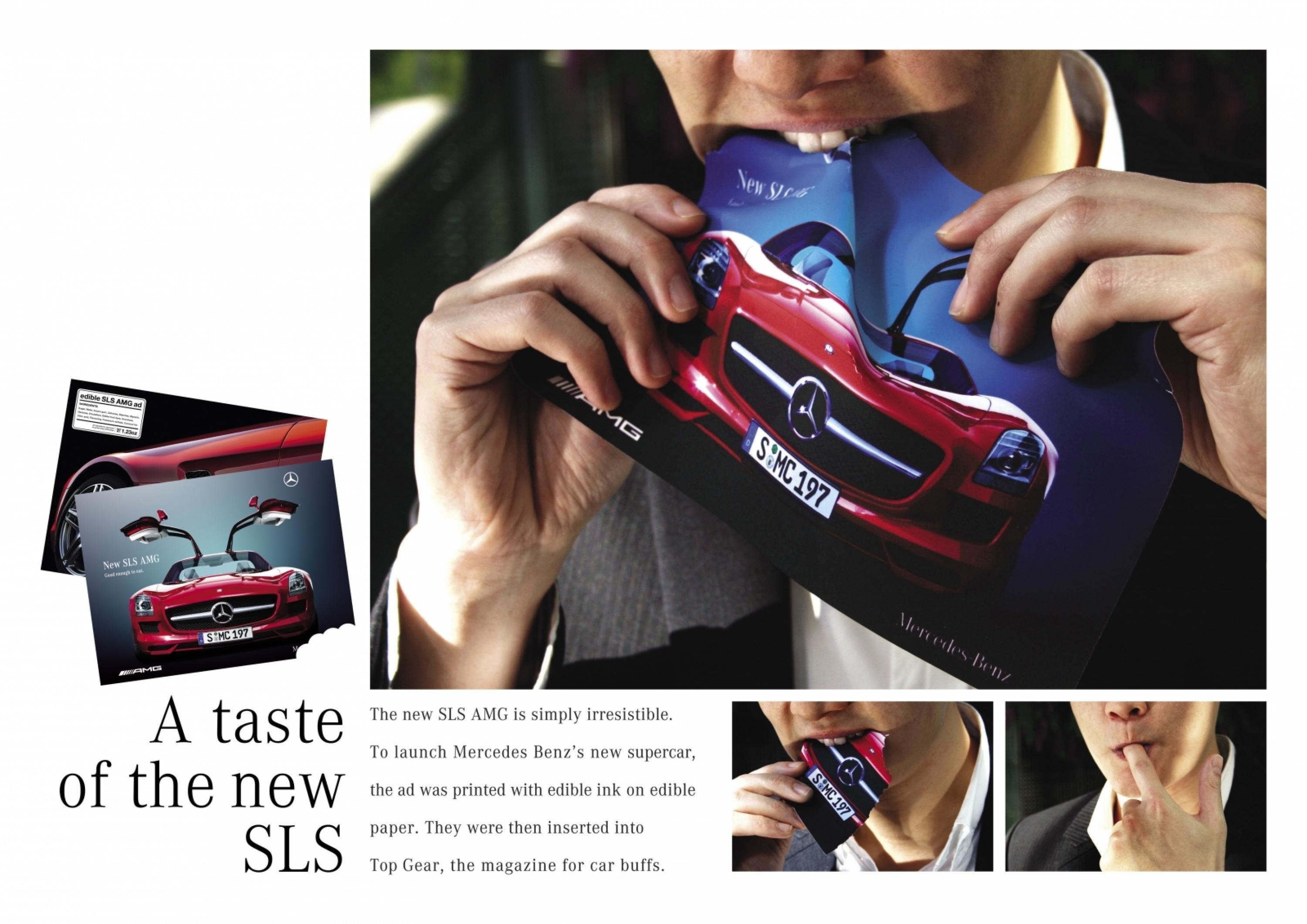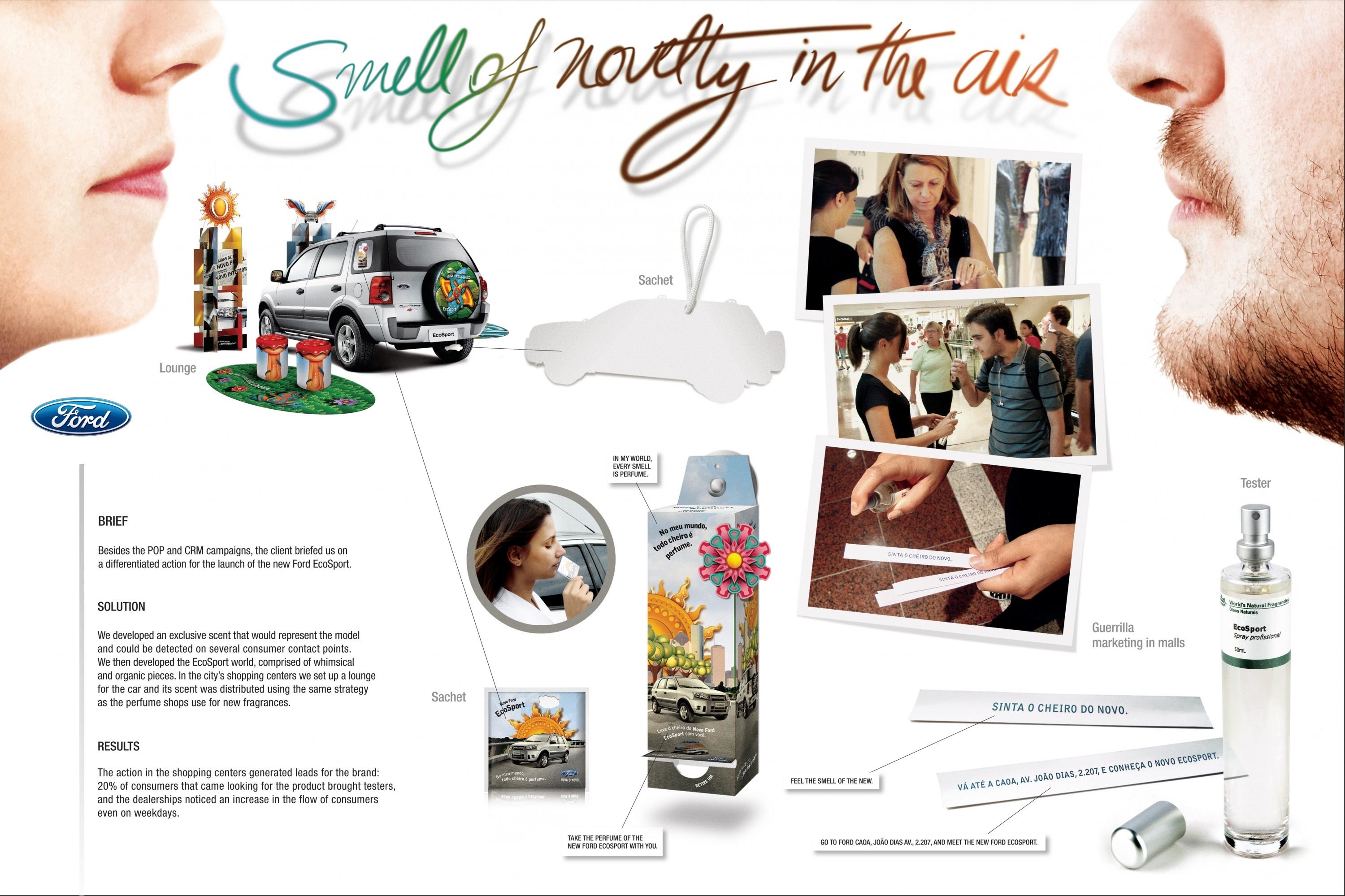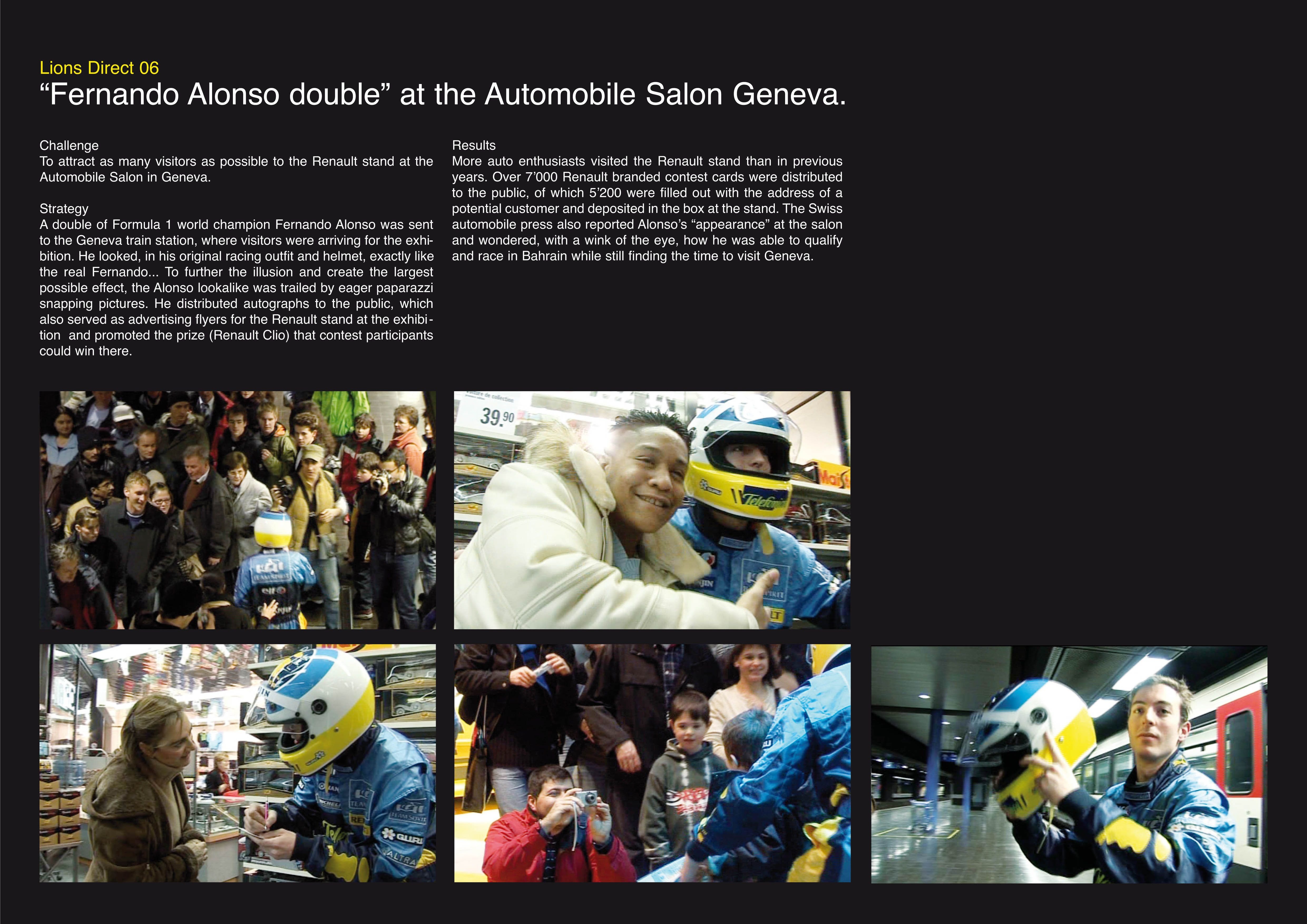Cannes Lions
Bye Bye Cookies, hello e-Car Probability Index
OMD GERMANY, Dusseldorf / RENAULT / 2022

Overview
Entries
Credits
OVERVIEW
Background
OFTEN HEARD - MUCH TALKED ABOUT: COOKIES ARE DEAD.
May 28, 2020: The German Federal Supreme Court rules that users must give their consent to use cookies. If they do not, their data cannot be used for campaigns. Means: no consent, no digital communication, no campaign.
WITH COOKIES, THE POSSIBILITY OF IDENTIFYING USERS INTERESTED IN BUYING A CAR ALSO DIES.
This is a real challenge, especially for car manufacturers, as (according to Google) 71% of potential buyers of new cars become aware of a vehicle online and 91% research it online in advance. This is potential that we could target (again) with the help of cookies. But without? We are losing it.
WITHOUT A DIGITAL APPROACH, THERE IS NO DIGITAL CONVERSION.
A digital campaign can accompany almost the entire user journey. From contact, to the manufacturer's website, to booking a test drive. All of this is now on the line.
Strategy
THE IDEA: WE PLAN ONLINE JUST LIKE OUTDOOR!
We don't target users because they've searched for new cars online - we target them because their geographic location (with available charging stations and air pollution levels) argues that an electric vehicle offers significantly more benefits than a car with an internal combustion engine. All we have to do is bring together relevant (offline) data and see where e-cars make the most sense.
BYE BYE COOKIES, HELLO E-CAR PROBABILITY INDEX!
From the area-wide-available data we can derive a complete map for Germany, which shows a probability for the usefulness of an e-car. With individual values for areas that are just 50x50m in size. This means: As granular as Out of Home can be planned, as granular we can play out our digital campaign with this innovative geo-targeting. Simply everywhere where our index exceeds a certain threshold. Quite simple. And completely without cookies.
Execution
STEP 1: CREATE A DATABASE
The basis is formed by data sources that map the motives for or against the purchase of an e-car:
(1) Location data of charging stations
(2) Real-time data on air pollution
(3) Registration data from the Federal Motor Transport Authority (increased interest can be assumed due to above-average registrations of e-cars in these areas)
STEP 2: IDENTIFY AREAS
The available data is processed according to an affinity logic: Areas that meet all three criteria are prioritized highest; areas where only 1-2 of the attributes apply are weighted less.
STEP 3: DELIVER OUR ONLINE CAMPAIGN BASED ON OFFLINE DATA.
The campaign was set up programmatically, delivering video ads for the Renault ZOE only in areas with a high e-car probability index. Low-Index-Areas were omitted. Accordingly, the campaign budget was smartly allocated and optimized for the greatest possible target group relevance throughout Germany.
Outcome
BYE BYE COOKIES - HELLO, REACH!
The index-based campaign reached 77% of the parallel-running, cookie-based campaign. Less reach? Yes. But more effective! The higher conversion vs. the cookie approach proves that the index is not a gimmick, but an effective and innovative approach to targeting digital campaigns with broad impact.
HELLO, INCREASED INTEREST!
+ 18% watch our video ads in full. Meaning, those reached by our approach are more interested in e-cars than those reached by a cookie-based campaign.
HELLO, INCREASED CONVERSION!
+ 13% click through to the Renault website and launch the configurator, request information material or book a test drive!
PLUS: THE E-CAR PROBABILITY INDEX IS ONE STEP AHEAD....
Cookies map a historical interest - and are therefore one step too late. Our approach starts one step earlier: We illustrate the reasonableness for buying a product and awaken a dormant desire. That is marketing in the original sense.
Similar Campaigns
12 items







